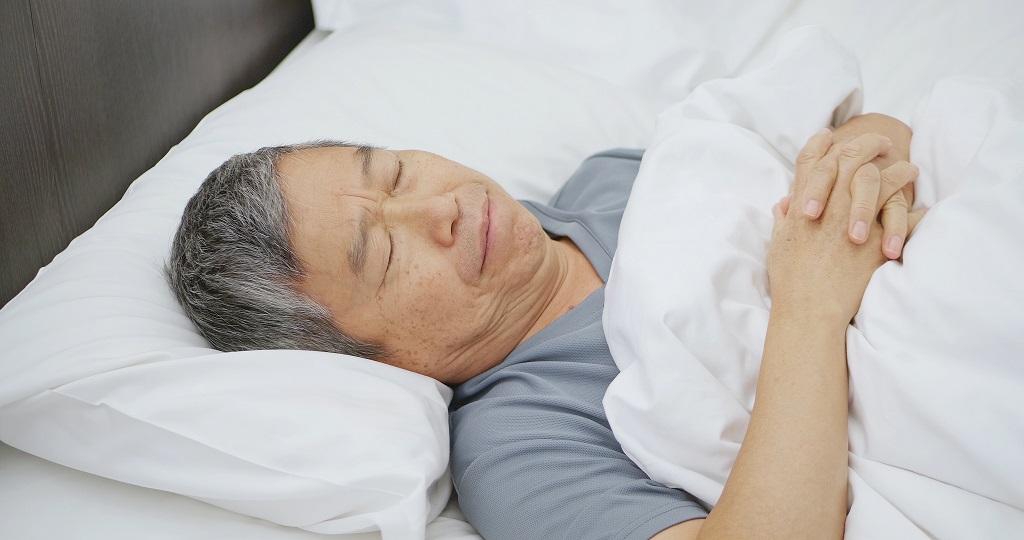Are Socks the Secret to Sound Sleep?
To the dismay of many, there are people out there that sleep in socks. Those sock sleepers, however, could be onto something. Sleeping with socks is a tale of two extremes: you likely either love it, or you hate it. For example, I can’t stand it. My partner loves it. She has a collection of ...click here to read more














